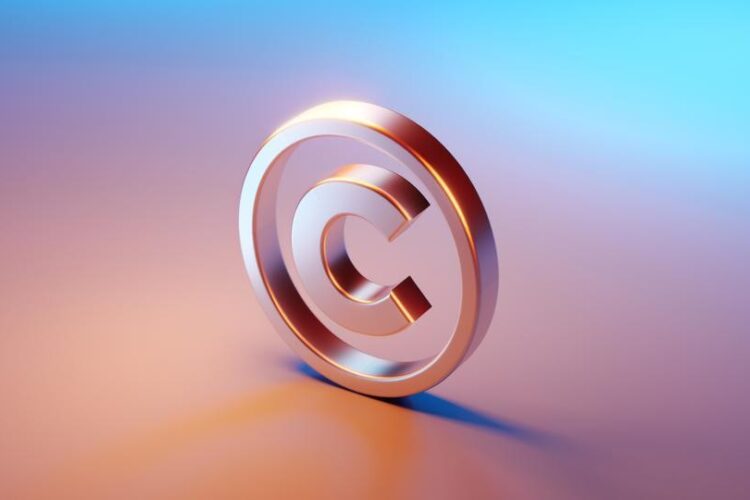For music managers and their teams, understanding copyright protection is key. When you create a song, it’s yours from the start. But to really guard your work, registering it helps a lot.
This step can prove in court that you’re the true creator if someone else claims your music as theirs; this proof makes it easier to protect your rights if needed. If your work is copied without permission, having registered beforehand helps. You could get money for damages and cover legal costs without proving financial harm.
Securing Intellectual Property Rights
When you register your song, make sure to follow the steps on each site. This makes sure all needed details are right there. Once done, they give you a proof of ownership paper.
With this, if someone uses your music without asking, you don’t need to show that it costs you money. The law has already set fines for these cases. For the music management team, knowing about copyright can help defend songs from being used wrongly.
So, while making and sharing songs is at its heart, creative work, holding onto those rights matters as much as keeping tunes yours and safe.
Navigating Copyright Laws Globally
Music managers know this: copyright protects your act’s music the moment it’s made. You don’t need to sign up for these rights in America. They’re yours with creation.
But getting them on record can help more if issues come up. Copyright rules differ worldwide. Most places follow a big agreement that lets you stand by your music across borders.
If someone uses your song without an OK in another country, laws there protect you, too. An important point: only your unique take on an idea is covered, not the idea itself. Understand and use these rules well to keep control of what counts—the lasting mark of artistry.
Legal Challenges for Music Managers
To keep your music safe, you and your team must know the copyright laws well. Rights come right when a song is made or recorded. This means no one can use it without asking first.
However, registering gives more legal power. You should tell everyone on the team about these rights to fight any misuse better. Also, teaching fans about respecting copyrights helps a lot, too—they support it legally if they understand why it matters.
When someone uses your work wrongly, taking strong legal steps is key; this could mean warning letters or even court cases for fair payback. Working with others—lawyers and copyright groups—is smart to tackle these problems effectively by sharing ideas on how best to enforce rights and educate users globally. For future safety measures, updating strategies as technology changes keeps artists’ works secure across all platforms worldwide.
Clear policies and pushing respect for creators’ rights make sure musicians get due credit and respect for their hard work always.

